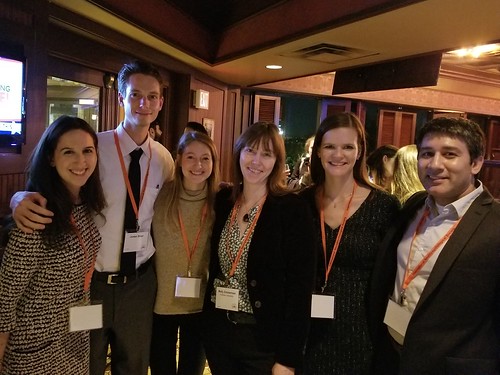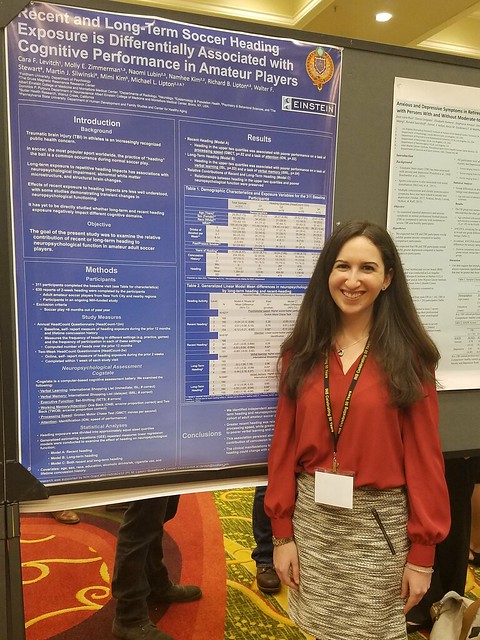Research Projects and Presentations of the Zimmerman Clinical Neuropsychology Lab
Sleep Light Cognition Study

Light is an important zeitgeber (“time giver”), or regulator of the human circadian 24-hour
biological clock. Common biological rhythms include alertness, body temperature, endocrine function, and sleep schedules. A strong relationship between excessive or poorly-timed light exposure and disruptions in sleep function has been well-documented in the research literature. However, light exposure is not homogeneous as light experienced on earth is actually a combination of a range of different wavelengths that vary across the electromagnetic spectrum. Recent research has focused on blue light, which is located on the shorter end of the wavelength spectrum and produces a high level of energy. One of the more ubiquitous modern-day sources of blue light is energy-efficient light-emitting diode (LED) lightbulbs and electronic devices, such as computers and smart phones. Studies suggest that long-term exposure to blue light is associated with many different health problems such as physical damage to your eyes and insomnia. The latter is perhaps unsurprising as blue light has a profound effect on the hormone melatonin, which plays an important role in the induction of sleep. Although poor sleep has a negative effect on cognitive function, few studies have examined the interrelationship of light, sleep function, and cognitive abilities in nonclinical samples.
The goal of our study is to investigate the relationship between blue light exposure and cognition in younger adults and to determine if sleep function is a moderator or mediator of that relationship. Other important factors such as mood and daily usage of electronic devices will also be considered. Objective measurement of sleep will be obtained through the use of actigraphy to assess movements that occur during sleep that are associated with clinical sleep measures obtained during polysomnography. The Actiwatch Spectrum (Respironics, Inc.) is a small, battery-powered rugged data logger that records motor activity and photopic white light illuminance, red, green, and blue light irradiance in both daytime and nighttime. The Actiwatch allows recording of the smallest movements for days, weeks, or months and provides important objective information about sleep and wake cycles and light exposure. People who have difficulty sleeping may not be aware of their sleep habits. The Actiwatch helps to identify activity habits that may make it difficult to get a good night of sleep. The Actiwatch is positioned on a comfortable plastic strap worn on the non-dominant hand and is similar in size and appearance to a wrist watch. Neuropsychological function will be measured using a comprehensive computer-based battery.
International Neuropsychological Society Annual Meeting 2025
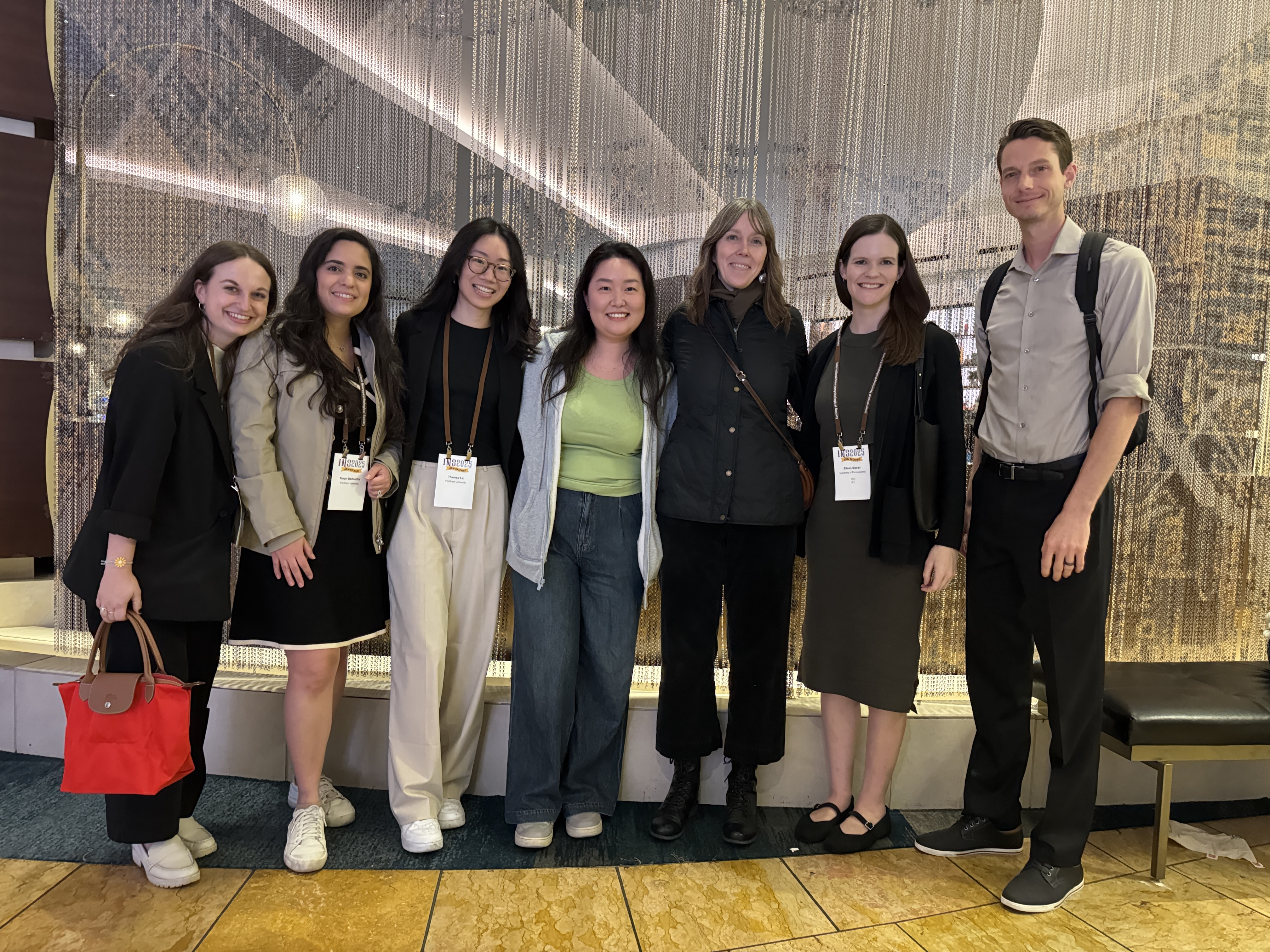
L-R: Caitlin Dougher, Kayri Bartolotta, Theresa Lin, Amy Wang, Molly Zimmerman, Eileen Moran, Jordan Stiver
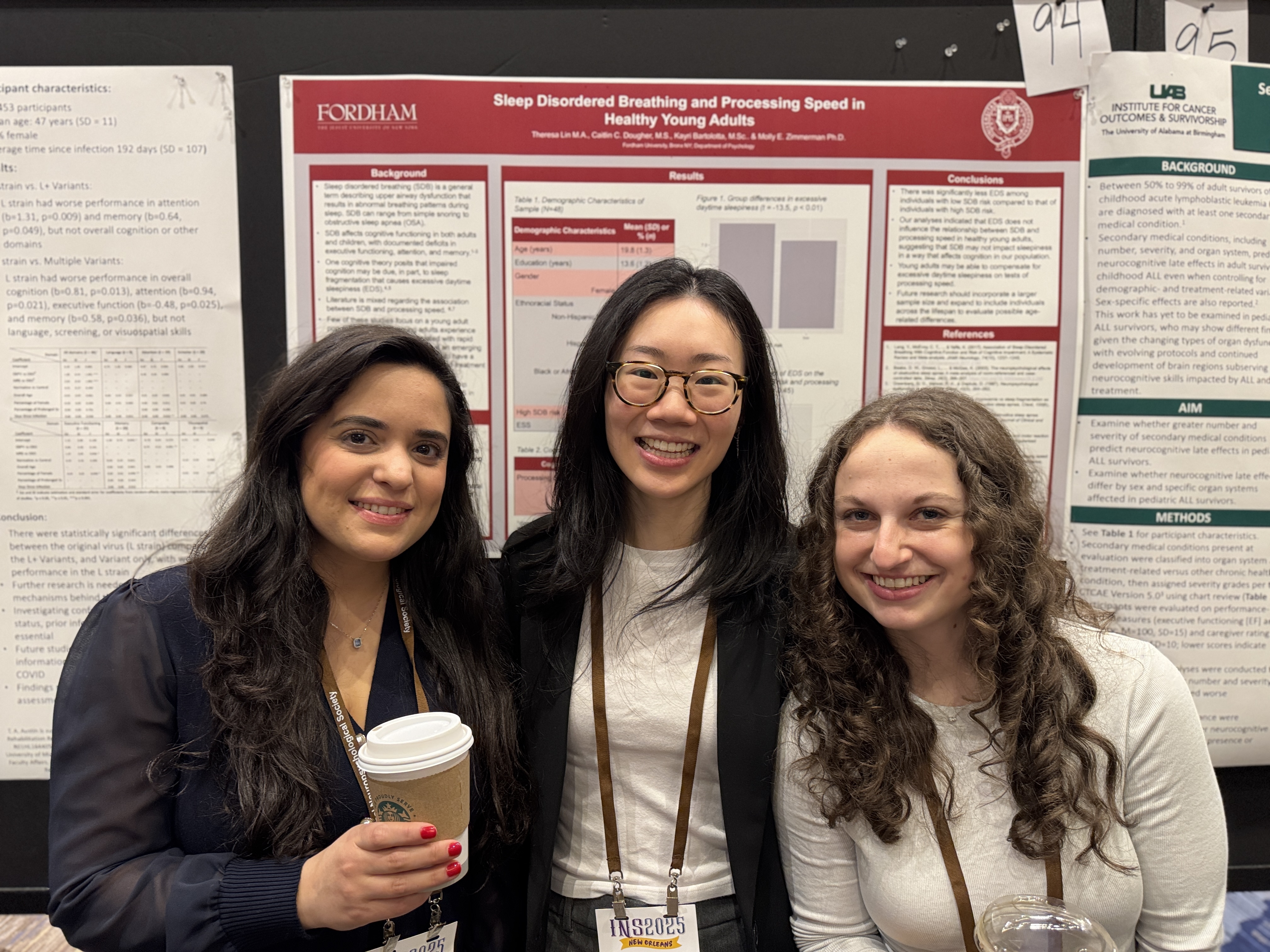
L-R: Kayri Bartolotta, Theresa Lin, Caitlin Dougher
Fordham University Undergraduate Research Symposium 2025
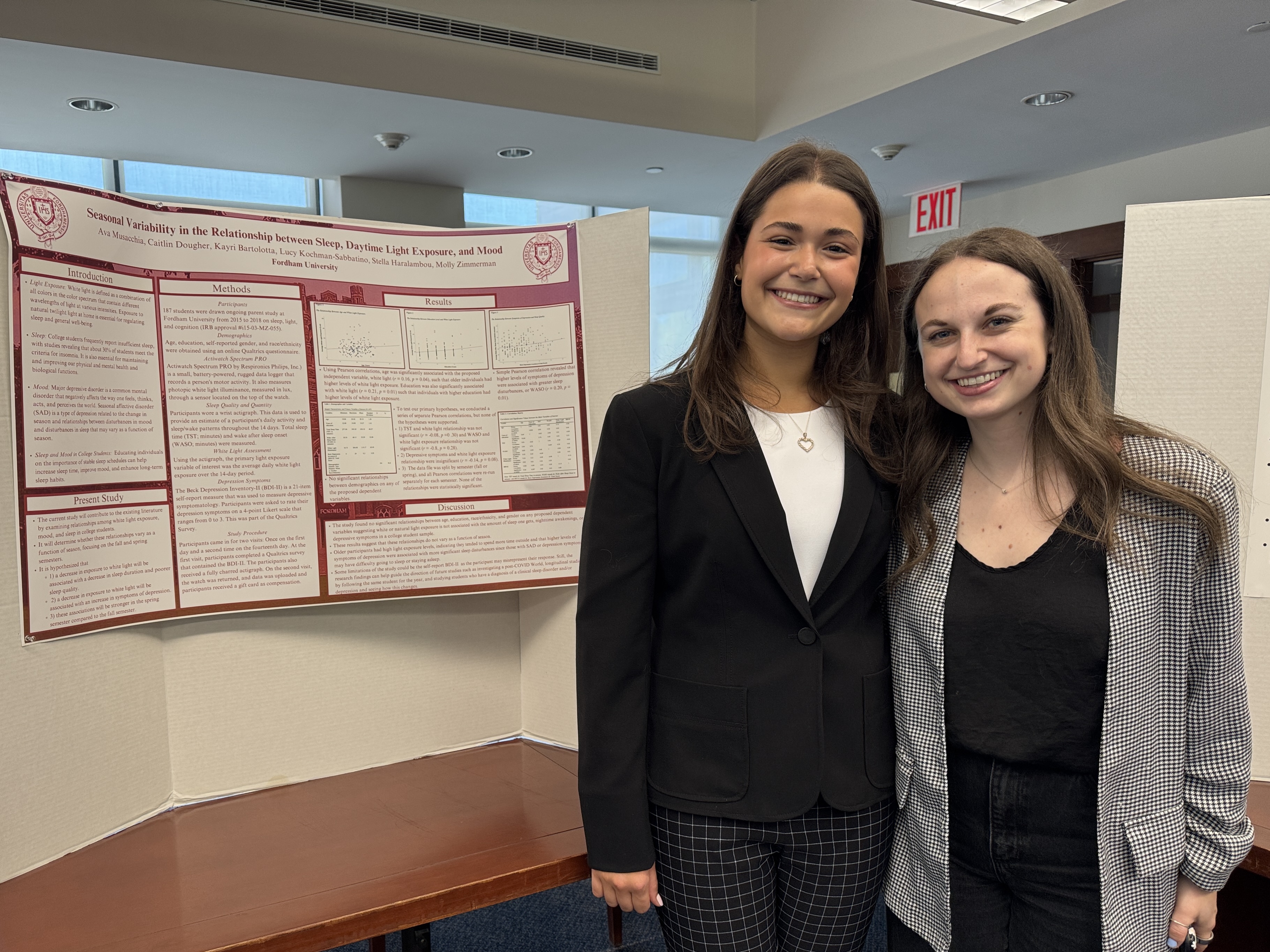
L-R: Ava Musacchia, Caitlin Dougher
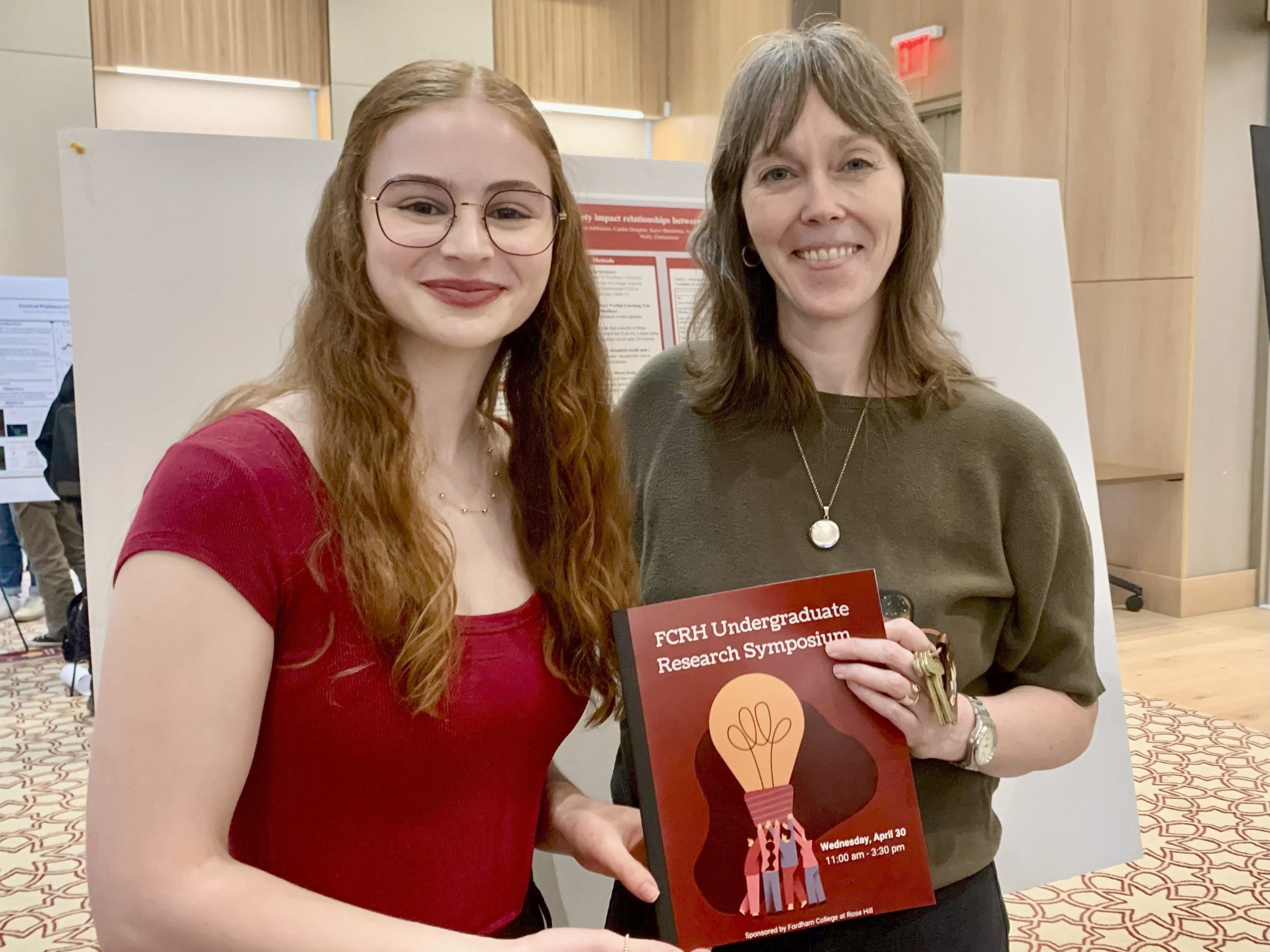
L-R: Lucy Kochman-Sabbatino, Molly Zimmerman
International Neuropsychological Society Annual Meeting 2024
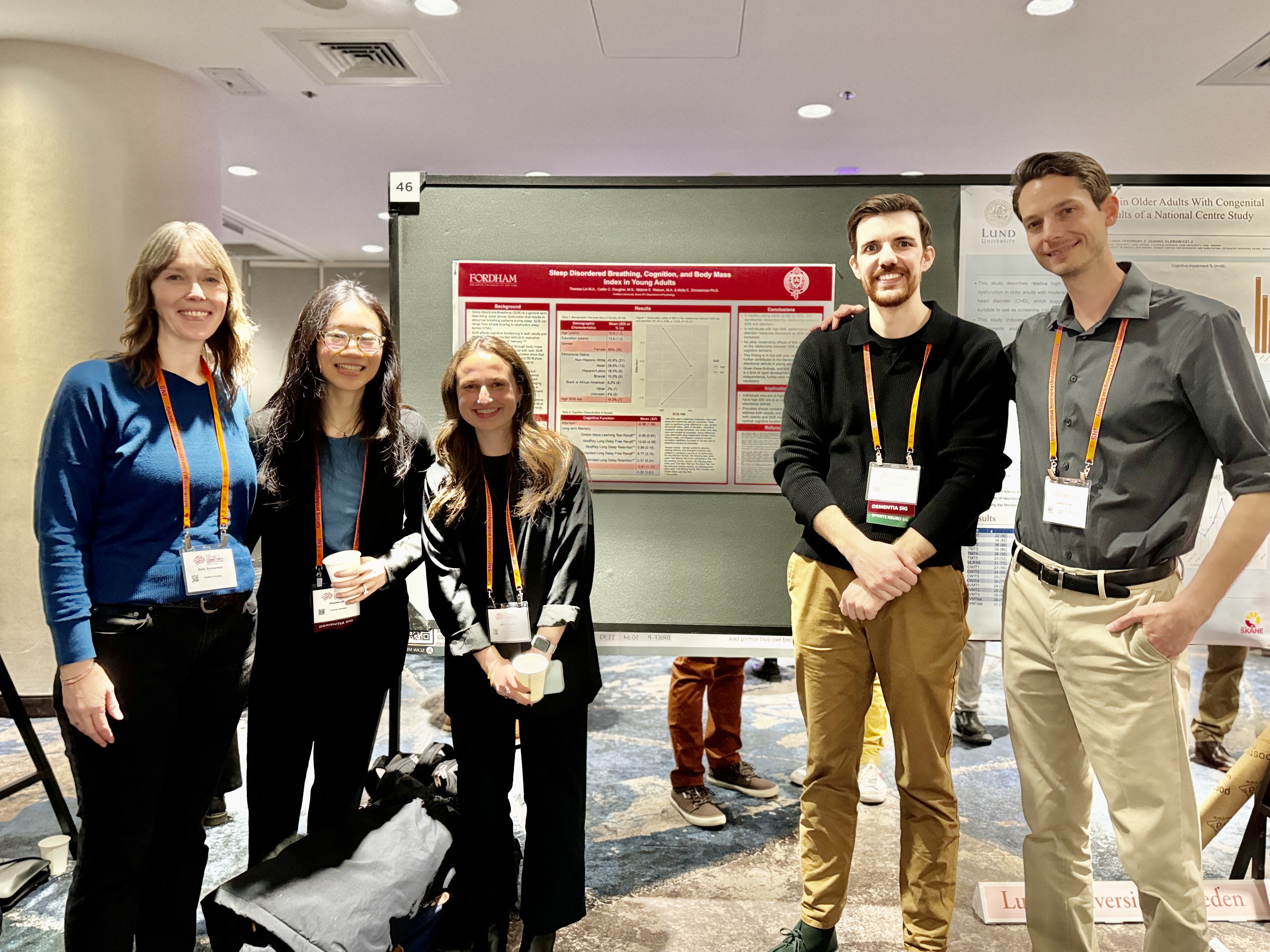
L-R: Molly Zimmerman, Theresa Lin, Caitlin Dougher, Eric McConathey, Jordan Stiver

L-R: Theresa Lin, Eric McConathey, Ben Fusco-Gessick, Molly Zimmerman, Malorie Watson, Caitlin Dougher

L-R: Molly Zimmerman, Cara Levitch, Eileen Moran
Fordham University Undergraduate Research Symposium 2023

L-R: Alyse Peduto, Clare Culver, Sebastian Garbanzos, Molly Zimmerman
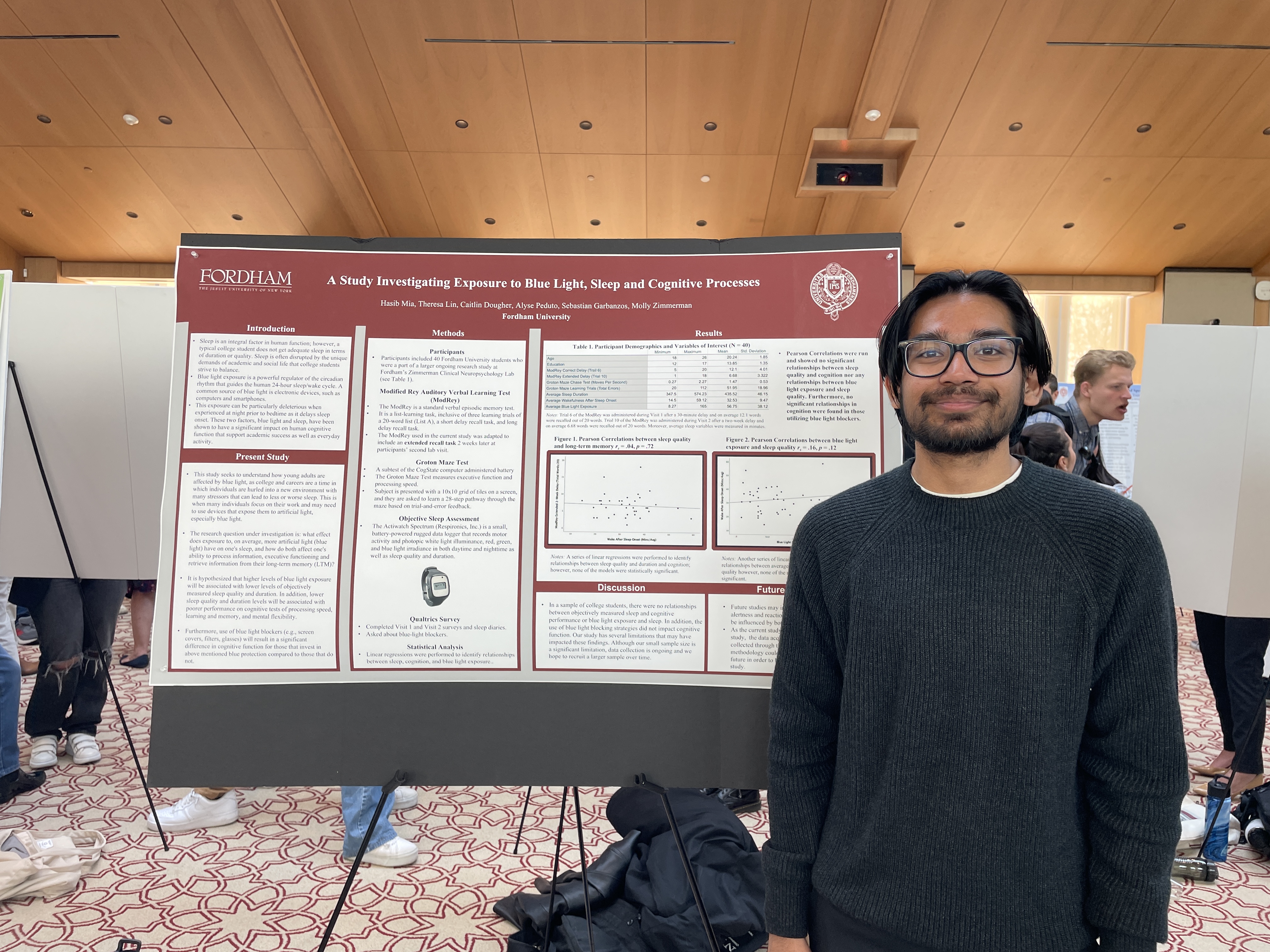
Hasib Mia
International Neuropsychological Society Annual Meeting 2020
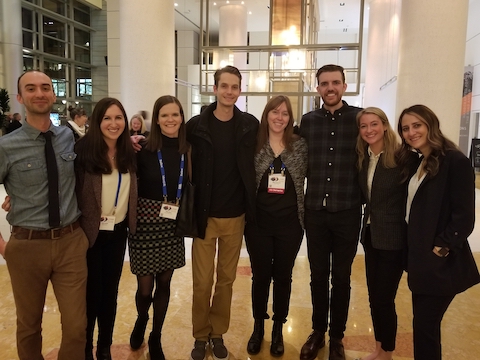
L-R: Ben Fusco-Gessick, Cara Levitch, Eileen Moran, Jordan Stiver, Molly Zimmerman, Eric McConathey, Cara Crook, Maral Aghvinian
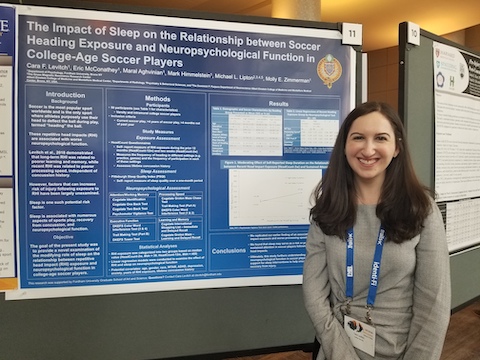
Cara Levitch
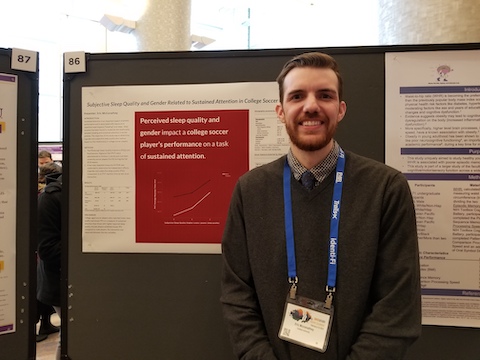
Eric McConathey
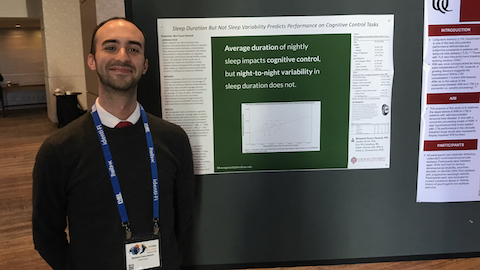
Ben Fusco-Gessick
International Neuropsychological Society Annual Meeting 2019
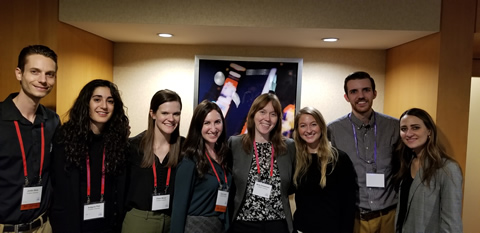
Jordan Stiver, Antigone Phili, Eileen Moran, Cara Levitch, Molly Zimmerman, Cara Crook, Eric McConanthey, Maral Aghvinian
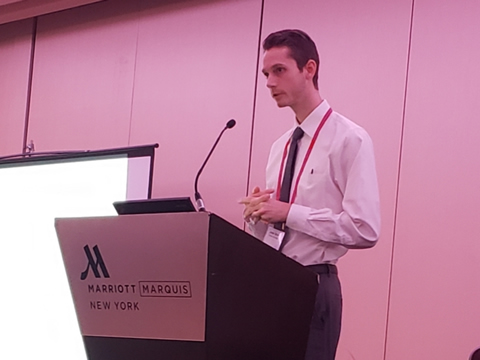
Jordan Stiver
INS 2019
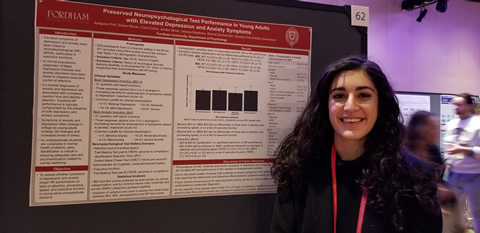
Antigone Phili
INS 2019
Fordham Undergraduate Research Symposium 2019
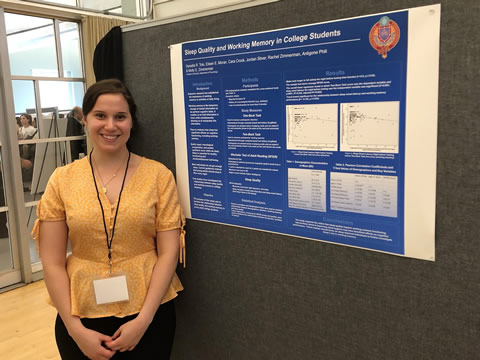
Daniella Toto
Fordham Undergraduate Research Symposium 2018
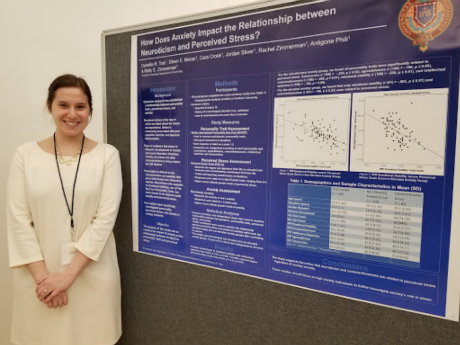
Daniella Toto
Fordham Undergraduate Research Symposium 2017
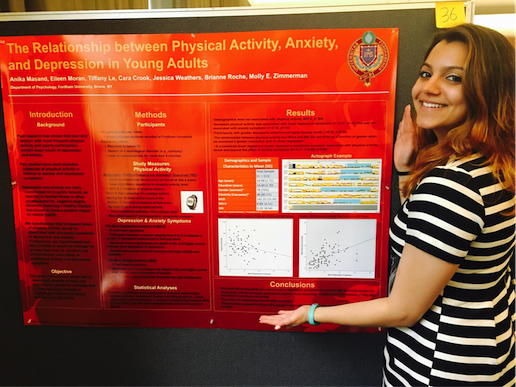
Anika Masand
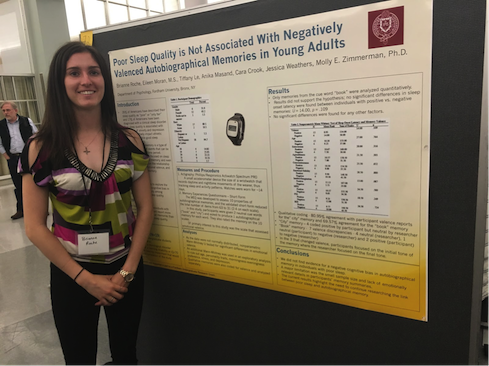
Brianne Roche
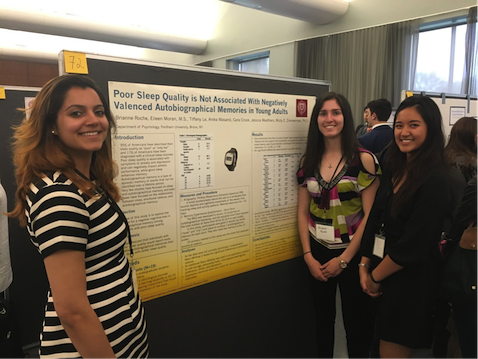
Anika Masand, Brianne Roche, and Tiffany Le
Fordham Undergraduate Research Symposium 2016
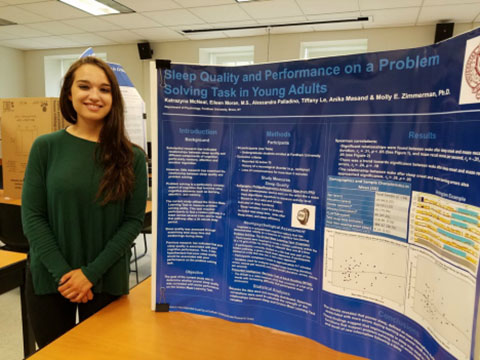
“Sleep Quality and Performance on a Problem Solving Task in Young Adults”
Katrazyna McNeal, Eileen Moran, MSc, Alessandra Palladino, Tiffany Le, Anika Masand, and Molly Zimmerman, PhD.
The results of this study revealed that poorer sleep, defined as more interruptions during sleep, was associated with more errors during learning and poorer recall on a problem solving task. This suggests that improvements in sleep may result in improvements in cognitive functions that support problem solving, such as errors made while learning new information and recall of new information following a delay.
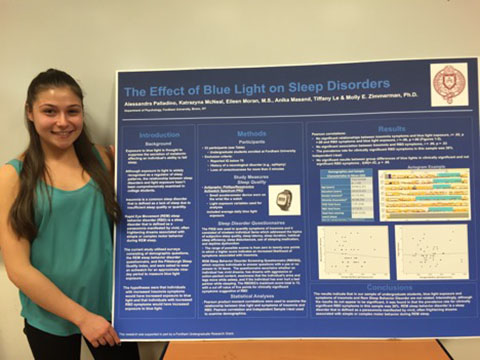
“The Effect of Blue Light on Sleep Disorders”
Alessandra Palladino, Katrazyna McNeal, Eileen Moran, MSc., Anika Masand, Tiffany Le, and Molly Zimmerman, PhD.
The results indicated that in our sample of undergraduate students, blue light exposure and symptoms of insomnia and Rem Sleep Behavior Disorder (RBD) were not related. However, interestingly, the prevalence rate for clinically significant RBD symptoms in this sample was 36%. REM sleep behavior disorder is a sleep disorder that is defined as a parasomnia manifested by vivid, often frightening dreams associated with simple or complex motor behavior during REM sleep.
